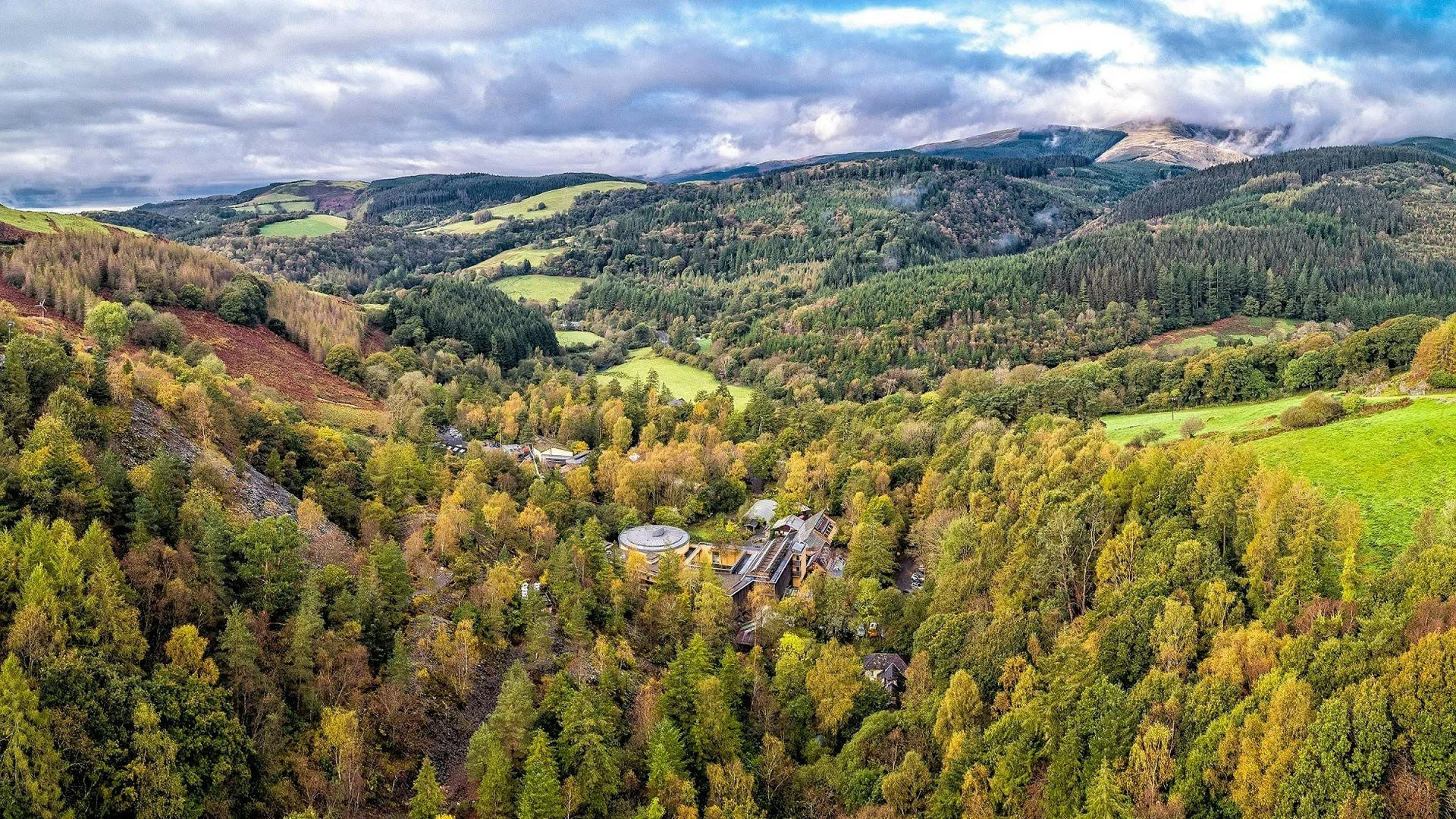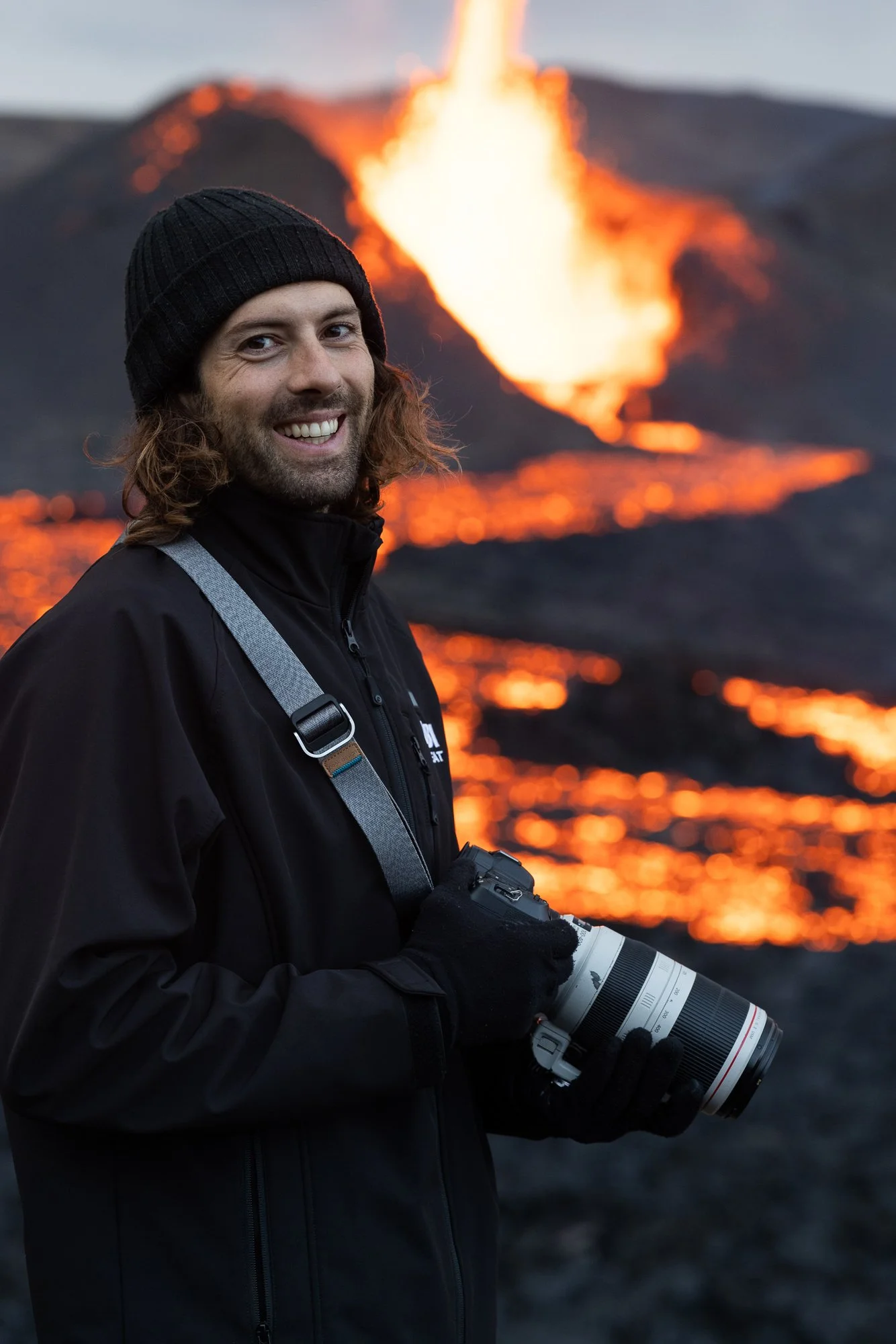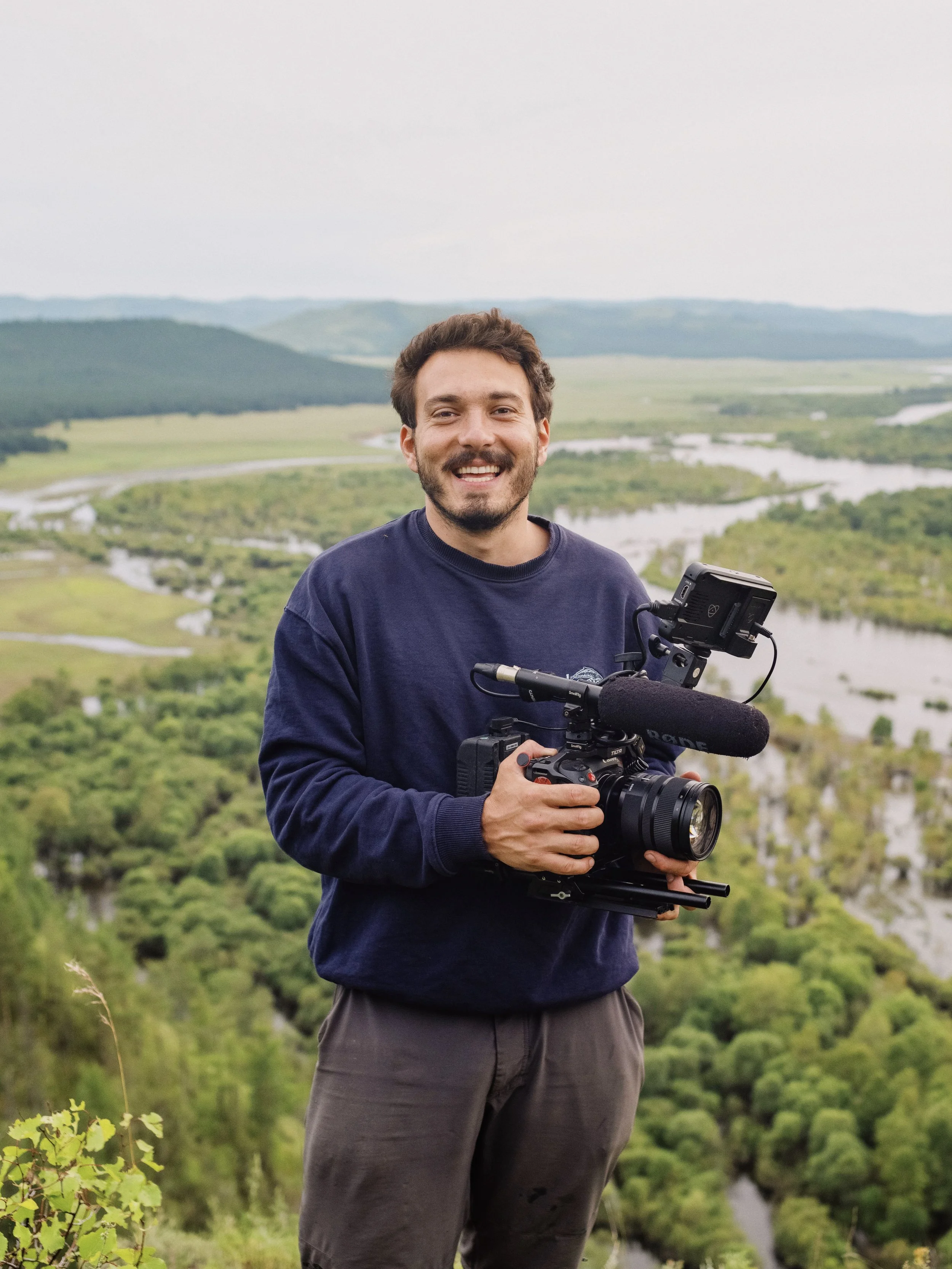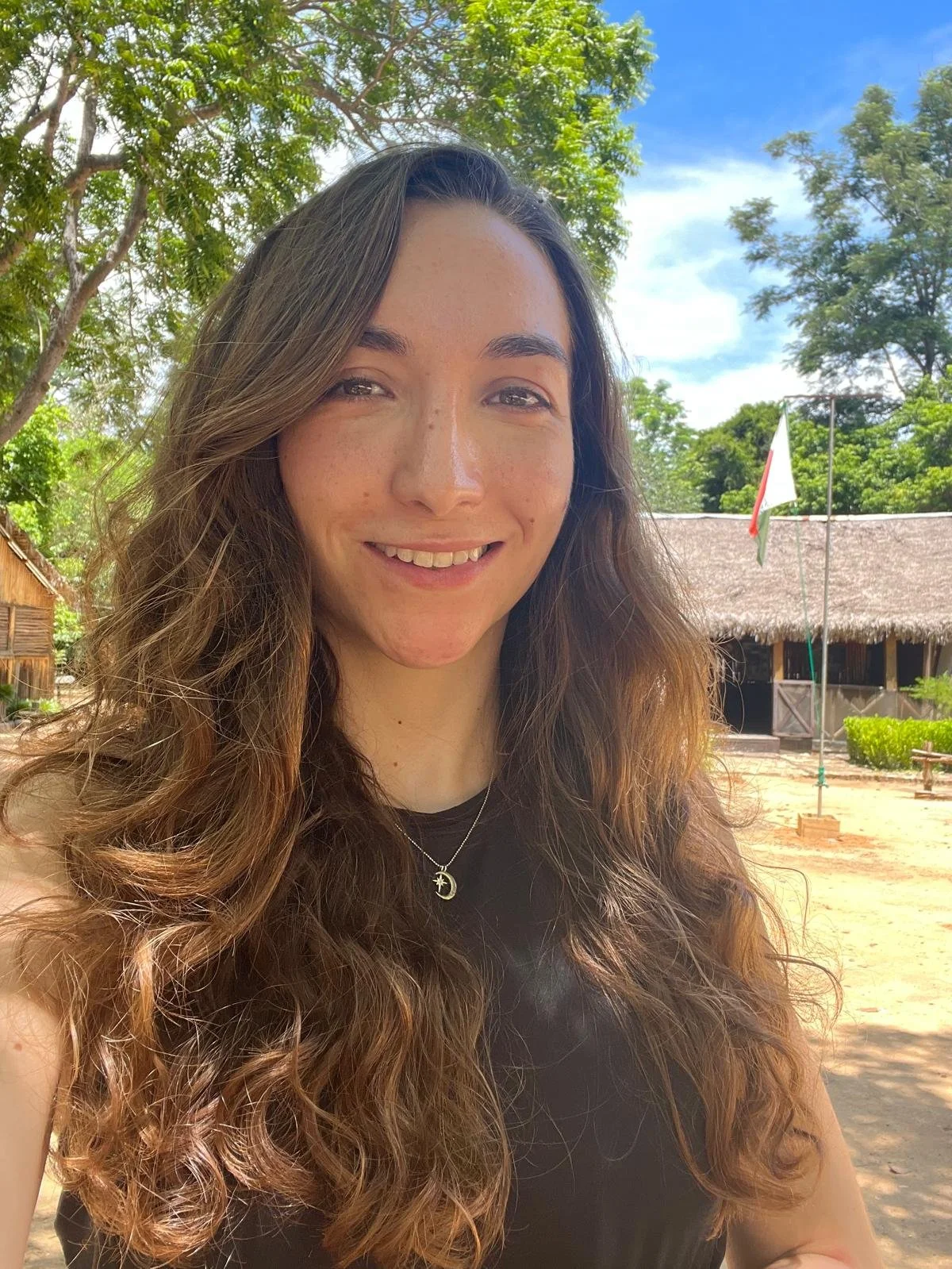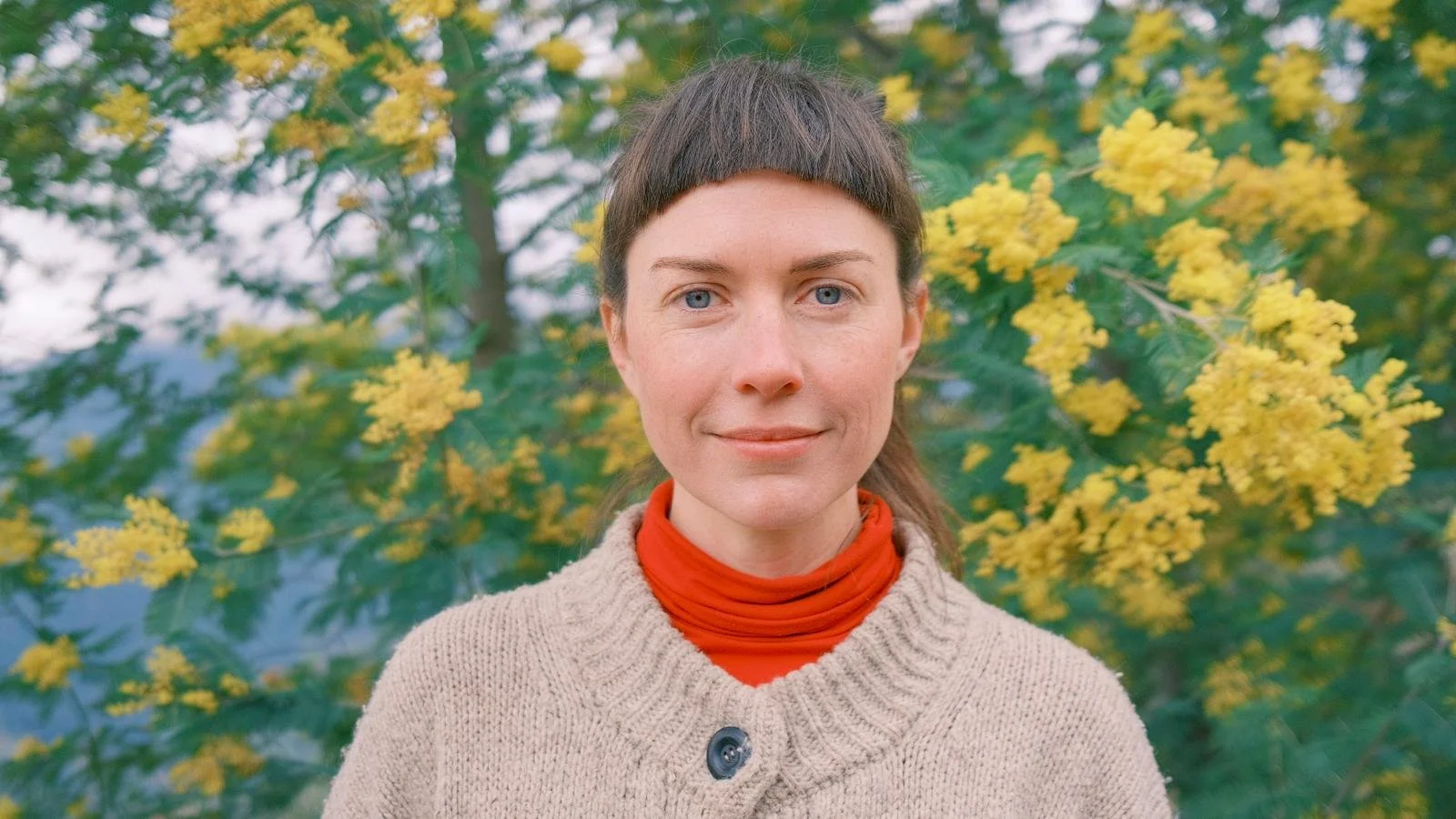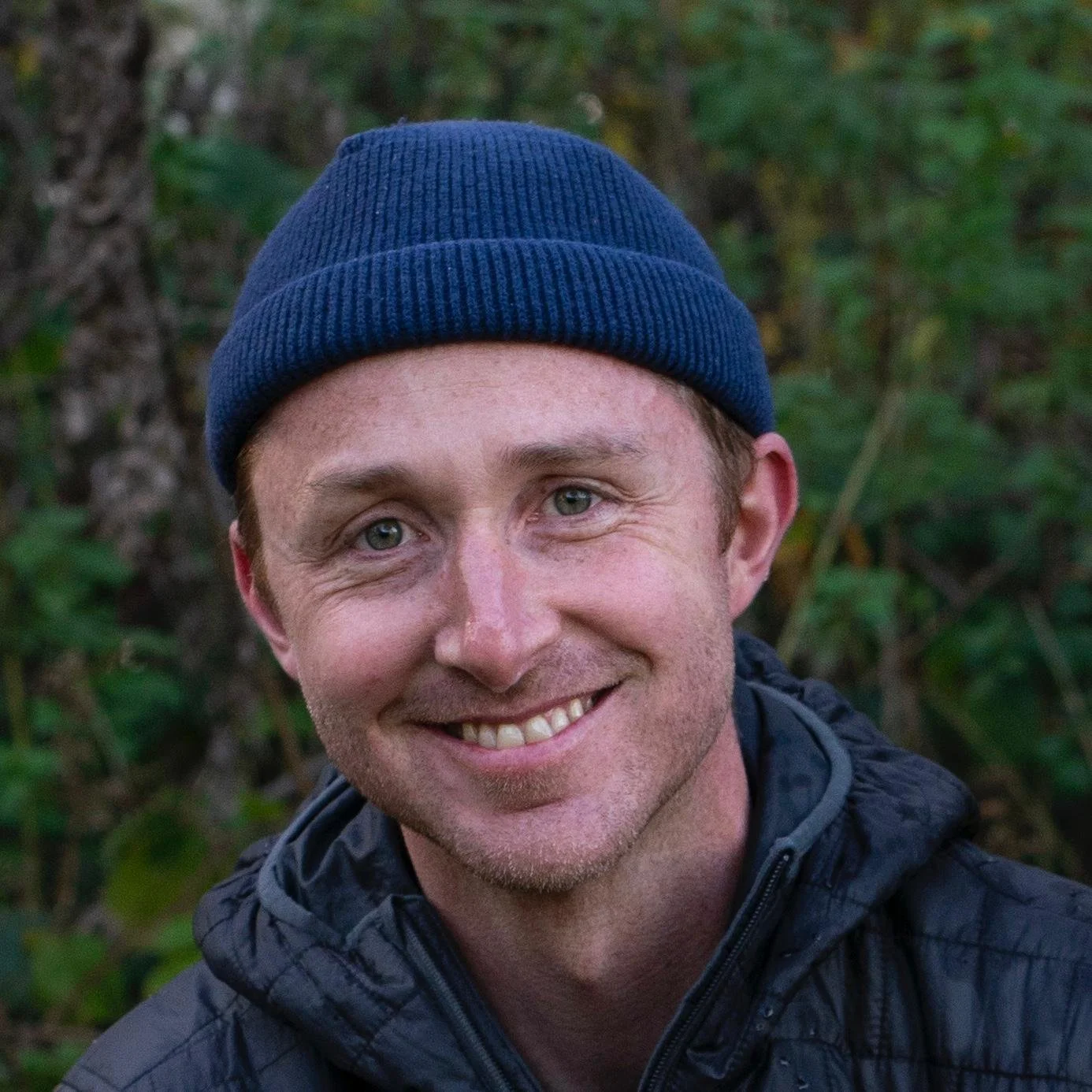Hello Nature & Conservation Storytelling Fellows!
The Nature & Conservation Storytelling Fellowship in Wales is a three-month program designed to empower young storytellers to share conservation stories from their local communities. Launched in partnership with The National Lottery Community Fund, this initiative will support 10 fellows, providing you with mentorship from award-winning conservation storytellers, professional-grade equipment (which you get to keep), and access to instructional materials. Fellows will participate in a hands-on workshop in Wales and culminate your journey with a public exhibition to showcase your work and foster dialogue within the Welsh conservation community.
Overview
THE WORKSHOP
The Centre for Alternative Technology Charity (CAT) is an internationally renowned environmental charity, a world-leading eco centre, and one of the foremost providers of postgraduate environmental education in the UK, based in Powys, Mid Wales.
Location
March 28th: Mentors and Fellows will be arriving at the Center for Alternative Technology
March 29th/30th: Workshop taking place at the Center, with Fellows and Mentors leaving on the afternoon of the 30th.
Dates
Meet the mentors
KARIM ILIYA
Photographer, filmmaker and whale swimming guide, Karim has won numerous awards and has been published in National Geographic Magazine for his humpback whale photography and BBC Earth for his video work.
NESSIM STEVENSON
Documentary filmmaker and creative specialized in humanitarian and environmental conservation communication, with experience working in over 40 countries around the world.
NATHALIE SWAIN-DIAZ
Nat has worked on a variety of wildlife documentaries, including ‘Our Oceans’ (Netflix), ‘Big Little Journeys’ (BBC2), and BAFTA-winning ‘Blue Planet Live’ (BBC One). She’s filmed many species at home and around the world, ranging from tiny frogs to killer whales, and currently works at BBC Studios
PHILIPPA YOUNG
For more than 15 years Philippa has filmed for independent production houses. Her work has spanned scriptwriting, videography, editing, and story consultation in original documentary, and audiovisual communications for social and environmental justice organisations.
JODY BOURTON
Documentary Producer and Director - Productions for BBC, Apple, Disney+, Discovery, National Geographic and Animal Planet.
Curriculum
WORKSHOP DAY 1
March 28th
Objective: Meet and greet!
Key Activities:
Arrival of fellows, mentors and fund team.
Dinner together
WORKSHOP DAY 2
March 29th
Objective: Understanding production workflows and technical skills.
Key Activities:
Mentor-led talks covering:
The production process from pre-production to post-production.
How to craft an impactful story
Distribution strategies: How to reach the right audience.
Technical session: Gear handout, demonstrations, and best practices.
Hands-on gear testing session with mentors providing guidance.
Q&A session with mentors on both storytelling and technical approaches.
Evening film screening: Fellows analyze and discuss storytelling elements.
WORKSHOP DAY 3
March 30th
Objective: Pitching stories, refining production plans.
Key Activities:
Fellows present their story pitches to mentors and peers.
Feedback session: Mentors provide insights on story strengths and areas for improvement.
Breakout groups for collaborative discussions:
Story development workshops.
Production planning sessions.
Afternoon wrap-up - everyone heads home.
YOUR NATURE STORY
This fellowship programme will support you in the creation and production of a story about nature in Wales in the medium of your choice. Whether it’s a short creative film, a documentary, a photo story or a mixed medium piece - we will insure you have the technical knowhow and the equipment you need to make it happen.
A LITTLE RECAP
First thing’s first, you’ll be researching three potential stories about nature and/or conservation in Wales.
’How do I find a story though?’
The answer is simpler than it might seem. Let’s start with what interests you and what you’re curious about.
Try to think of something you’d like to share with others, something that excites you, or maybe something you’d personally like to learn more about.
If nothing comes to mind then choose a style or general topic that interests you - for example the connection between people in your community and nature, a local environmental folk story, an animal behaviour, a conservation story about how human behaviour is affecting nature. Pick a general topic and use that as a launching pad.
From there you can start your search. Use local news and journals, online search engines or Chatgpt to start looking for ideas. You could also reach out to local experts or contacts in your community to ask them if they have any leads.
WHERE TO START?
Once you have a topic, you can start to craft it into a story.
First, ask yourself the following questions then use the answers to describe this story in a few lines of text:
Core Story Questions
Who is at the heart of this story:
Is it about a person, a community, a species, or an ecosystem?What is the key message:
What do you want people to feel, learn, or do after experiencing your story?Why does this story matter:
What makes it urgent, relevant, or unique?
Perspective & Scope
What is the setting:
Where does this story take place, and how does the environment shape the narrative?What is the scale:
Is this a personal, local, or global story? Where does the story start and where does it end?
Conflict & Resolution
What challenge or threat does this story explore:
Is there a problem or tension driving the narrative?Who or what is working toward a solution:
Are there individuals, groups, or natural processes helping to address the issue?What is the potential impact of sharing this story:
Could it raise awareness, change policy, or inspire action?
Emotional & Sensory Details
What emotions does this story evoke:
Does it inspire awe, urgency, hope, or outrage?What visuals, sounds, or sensory elements bring this story to life:
Can you describe scenes that immerse the audience?
Please keep in mind that these questions are meant to guide you, not confine you.
We want you to tap into your creative voice as a storyteller. You are free to craft this story however you see fit - as long as the project idea is practically feasible within the timeframe and scope of the programme.
THEN WHAT?
Once you’ve done this exercise - pick one of the three ideas - essentially pick your favourite one.
And now start to think of how you want to tell this story. You’ll want to start by narrowing down the medium: video, photo, stop motion, mixed-medium etc... Try to visualize it in your head, the style of it, the pacing of it, the feelings you want it to evoke.
You’ll also want to start looking at references - what storytelling styles inspire you?
From there you can start to construct your pitch.
This will be a 5 minute oral presentation - no need for slides.
You can construct this pitch however you like, but you’ll want to make sure that you cover these points:
What is the story about and why is it important for you to tell this it?
Who is the main character or subject?
What do you want the audience to feel, learn, or do after experiencing your story?
What medium and style are you going for?
What is your plan for production? (As in how long do think it’ll take you to film it? How will you fit that in with your schedule?)
THE PITCH
ADDITIONAL RESOURCES
Despite being meant for classroom use, we find this National Geographic infographic very useful at outlining the storytelling process, and a great place to start at outlining your story.
A long-running resource bank for self-taught filmmakers, offering articles, tutorials, and podcasts on various aspects of filmmaking.
MIT's Open Documentary Lab, a hub for courses and staying updated on the documentary scene, focusing on new documentary forms and their implications.
National Geographic’s resource collection on storytelling through photography.
GlobalGiving’s steps to telling successful conservation stories, including a PDF checklist.
National Geographic’s resource collection on storytelling through video.
A worldwide community of documentary professionals, offering forums and discussions, along with access to various talks and resources.
A worldwide community of documentary professionals, offering forums and discussions, along with access to various talks and resources.
Story Collider is a weekly podcast featuring factual and personal science storytelling.
From frontlines around the world, Photographer Without Borders actively push to tell stories and decolonize storytelling.
Conservation Visual Storytellers Academy’s vast collection of tutorials for effective conservation storytelling.
A website offering in-depth courses and articles on the foundations of film and photography.
A podcast series featuring interviews and stories about documentary filmmaking.
Listen to an interview about one conservation organization’s challenges and successes when telling the stories of overlooked species and ecosystems.
We’re never too old to enjoy a quick encyclopedic entry — this one goes through the history and culture of storytelling.
